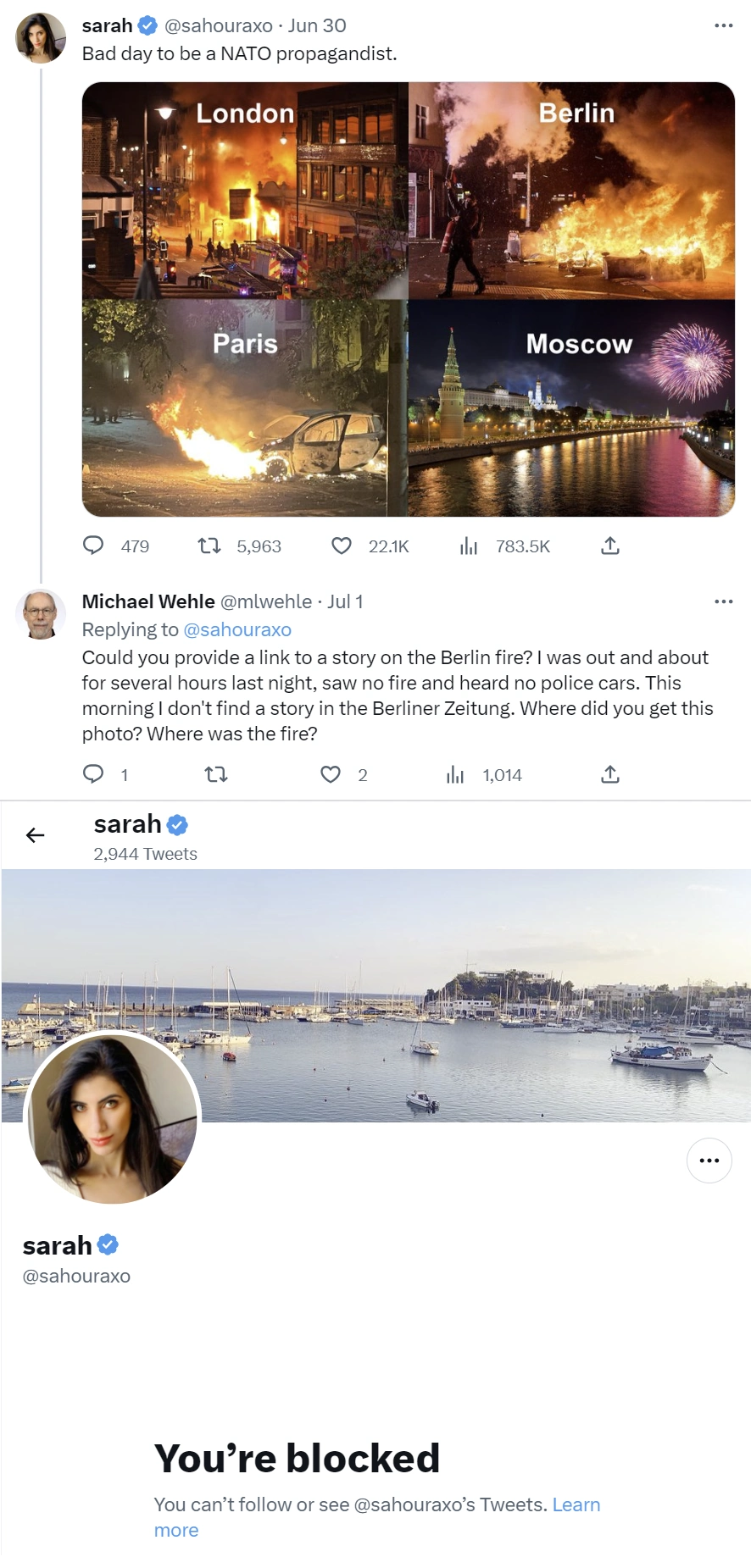-
Neueste Beiträge
Archive
- Juli 2025
- Juni 2025
- Mai 2025
- April 2025
- März 2025
- Februar 2025
- Januar 2025
- Dezember 2024
- November 2024
- Oktober 2024
- September 2024
- August 2024
- Juli 2024
- Juni 2024
- Mai 2024
- April 2024
- März 2024
- Februar 2024
- Januar 2024
- Dezember 2023
- November 2023
- Oktober 2023
- September 2023
- August 2023
- Juli 2023
- Juni 2023
- Mai 2023
- April 2023
- März 2023
- Februar 2023
- Januar 2023
- Dezember 2022
- November 2022
- Oktober 2022
- September 2022
- August 2022
- Juli 2022
- Juni 2022
- Mai 2022
- April 2022
- März 2022
- Februar 2022
- Januar 2022
- Dezember 2021
- November 2021
- Oktober 2021
- September 2021
- August 2021
- Juli 2021
- Juni 2021
- Mai 2021
- April 2021
- März 2021
- Februar 2021
- Januar 2021
- Dezember 2020
- November 2020
- Oktober 2020
- September 2020
- August 2020
- Juli 2020
- Juni 2020
- Mai 2020
- April 2020
- März 2020
- Februar 2020
- Januar 2020
- Dezember 2019
- November 2019
- Oktober 2019
- September 2019
- August 2019
- Juli 2019
- Juni 2019
- Mai 2019
- April 2019
- März 2019
- Februar 2019
- Januar 2019
- Dezember 2018
- November 2018
- Oktober 2018
- September 2018
- August 2018
- Juli 2018
- Juni 2018
- Mai 2018
- April 2018
- März 2018
- Februar 2018
- Januar 2018
- Dezember 2017
- November 2017
- Oktober 2017
- September 2017
- August 2017
- Juni 2017
- Mai 2017
- April 2017
- März 2017
- Februar 2017
- Januar 2017
- Dezember 2016
- November 2016
- Oktober 2016
- September 2016
- August 2016
- Juli 2016
- Juni 2016
- Mai 2016
- April 2016
- März 2016
- Februar 2016
- Januar 2016
- Dezember 2015
- November 2015
- Oktober 2015
- August 2015
- Juli 2015
- Juni 2015
- April 2015
- Januar 2015
- Dezember 2014
- November 2014
- Oktober 2014
- September 2014
- Juli 2014
- Juni 2014
- Mai 2014
- April 2014
Begone, Spawn of Darkness! 
Kommentare deaktiviert für Begone, Spawn of Darkness! 
Rave the Planet 2023

Picture yourself grooving from Brandenburger Tor to the Siegessäule and back, then from Brandenburger Tor to the Siegessäule and back over and over for hours, shaking it to techno!
Kommentare deaktiviert für Rave the Planet 2023
According to Robert A. Ford, a distinguished Canadian diplomat who served as the dean of ambassadors in Moscow and as an adviser to NATO on Soviet affairs, it was a “myth“ that what „NATO had actually done was prevent a military invasion.“ The real threat to Europe had been the political disintegration of the allies, and this is what NATO had prevented. Ford’s analysis was not unique; it was shared widely in the alliance from the 1940s through to the early 1990s. Even the State Department’s champions of an Atlantic Pact, men like Theodore Achilles, recalled: „I don’t think there has ever been any serious danger of an all out Soviet armed attack west of the East German—West German frontier. The danger has been, and still is, that the Russians can resort to … subversion and political blackmail backed by the threat of force.“
The great fear of NATO’s leaders throughout the Cold War and beyond was not that the Soviet Union or Russia would launch an invasion of Europe. Instead, they feared that Moscow might threaten—even imply—the use of force. The very hint of war might drive citizens in Europe to press their leaders to concede to the Kremlin’s demands rather than risk another cataclysm on the continent. Thus what American officials called the „inadequacies and anomalies of NATO, the relative unrealism of the military plans, and the slightly fictional aspects of NATO,“ were understood on both sides of the Atlantic to be essential components for providing Europeans with an intangible sense of security.
—Timothy A. Sayle, Enduring Alliance, (Ithaca, NY: Cornell University Press, 2019), 2.
Kommentare deaktiviert für
If you had one superpower, what would it be?
You have transgressed so often and for so long that you have driven me to my limits, and now I find I have no other choice but to exercise my ultimate weapon. Yes, that’s right: now I’m going to get arrested. Yes, you heard me correctly. No, I’m not bluffing. That’s right, mister: you don’t think I’ll do it, do you? You think this is just some idle threat?! No! I am serious: now I am mad. Now I am going to get arrested.
Yup. Then you’ll be sorry. You may think you’re in a strong position, what with police armed with handguns and tasers and handcuffs and police vehicles and courts and cells, but I have an ability which counters this. Come at me with your police! I will deftly parry your attack with my strength: I will get arrested. Just you watch.
Kommentare deaktiviert für If you had one superpower, what would it be?
A hypothetical posed about some distant future
Inconvenient Sequel, 2017
„The next generation, looking back at us“.
The framing is consistently that of „citizens in a democracy“ asked to take joint responsibility to prevent hypothetical (though likely) catastrophe occuring in some distant future.
What was I thinking in 2017? I was thinking Rex Tillerson and I likely had different abilities to impact actions taken by ExxonMobil. At a Dianne Feinstein town hall I was thinking the Indivisible audience of outraged voters was quite divisible, as evidenced by my personal experience querying a few fellow audience members on the advisability of continuing to vote for Democratic Party incumbents. I was thinking Feinstein was visibly suffering from dementia and should not continue serving as a US senator. I was thinking I would be glad to be leaving San Francisco’s world of delusion.
Kommentare deaktiviert für A hypothetical posed about some distant future
In which I become a NATO propagandist
Kommentare deaktiviert für In which I become a NATO propagandist
An Inconvenient Truth
From the 2017 An Inconvenient Sequel. In 2023 one wonders how Al Gore feels the „fixing the democracy crisis“ endeavor is going. 🤔
Kommentare deaktiviert für An Inconvenient Truth
Keine Lust auf Nachrichten
Zuerst die gute Nachricht: Das Interesse der Deutschen an Politik ist ungebrochen. Es steigt sogar. Laut Statistischem Bundesamt sind heute rund 40 Prozent der Deutschen an Politik interessiert. Das ist viel mehr als früher, 1980 galt das in Westdeutschland für weniger als dreißig Prozent, so wenige waren es 1990 auch in Ostdeutschland. Wie schön, könnte man sagen, schließlich ist mit einem uninteressierten Publikum kein Staat zu machen, zumindest nicht in einer Demokratie. Die Sorge hatte immer gelautet, dass die Deutschen sich eines Tages gelangweilt abwenden würden von politischen Fragen.
…
Jetzt also die schlechte Nachricht: Die vorbildlich interessierten Deutschen sind immer weniger bereit, sich über Politik zu informieren. Das hat auf den ersten Blick wenig Sinn, weil jemand, der sich für Fußball interessiert, normalerweise jemand ist, der viele Fußballspiele schaut. Aus Interesse entstehen so Kenntnisse. In der Politik gilt das nicht mehr. Dort artikulieren Bürger engagiert ihre Meinung, ohne sich gleichzeitig für politische Nachrichten oder Analysen zu interessieren. Kulturpessimisten haben also einen neuen Albtraum: Schlimmer noch als jemand, der sich der Debatte verweigert, ist jemand, der an ihr teilnimmt, ohne zu wissen, wovon er spricht.
Kommentare deaktiviert für Keine Lust auf Nachrichten


